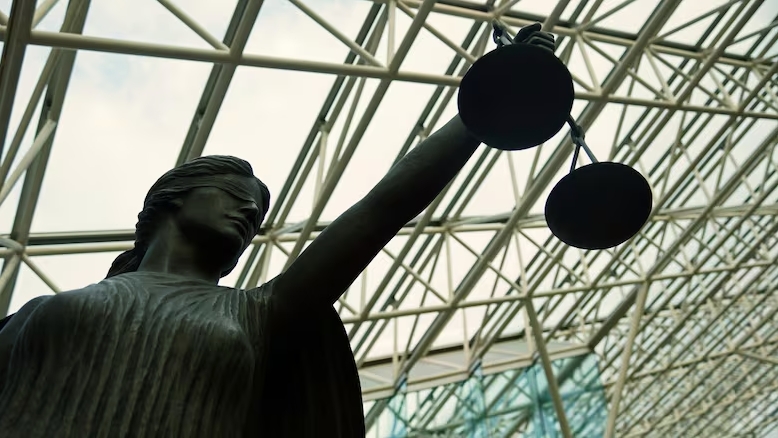B.C. Court of Appeal Overturns $10M Ruling Against Province in Hydroelectric Water Licence Dispute
Liam O'Connell
4/9/20252 min read


B.C.’s Court of Appeal has set aside a $10.125 million damages award that was to be paid by the province to a hydroelectric developer, ruling that government officials acted within their authority when they denied the company’s water licence.
The decision stems from a long-running dispute between the province and Greengen Holdings, a company that sought to develop a small hydro project at Fries Creek, near Squamish, B.C., within the traditional territory of the Squamish First Nation.
Greengen applied for both land tenure and a water licence for the project beginning in 2003 and secured a power purchase agreement with B.C. Hydro in 2006. But in 2009, both applications were denied, following years of opposition from the Squamish Nation over the project’s proximity to culturally sensitive sites.
The Lower Court's Ruling
In 2023, a B.C. Supreme Court judge ruled in Greengen’s favour after a 51-day trial, finding that two senior public servants had acted unlawfully by effectively deciding to reject Greengen’s application during a November 2008 phone call with company representatives—months before formal denial letters were issued.
The court found that the “misfeasance of government representatives was a legal cause of [Greengen's] loss,” and awarded more than $10 million in damages.
Appeal Court Reverses Course
But the B.C. Court of Appeal has now overturned that decision, saying the lower court made several key errors in how it assessed the government’s actions and their impact on the outcome.
“British Columbia has persuaded me that the judge’s causation analysis is demonstrably flawed,” wrote Justice Joyce DeWitt-Van Oosten in the ruling. “A proper analysis ... would have invariably led to dismissal of Greengen’s civil claim.”
The court specifically found that the public official who formally denied the water licence in August 2009 had no knowledge of the earlier phone call and made an independent decision within the scope of her regulatory authority.
Next Stop: Supreme Court?
Greengen lawyer Arden Beddoes said his clients are reviewing the decision and considering whether to appeal to the Supreme Court of Canada.
A spokesperson for the Attorney General of B.C. was not immediately available for comment.
Background on the Controversy
The case highlights long-standing tensions between economic development and Indigenous rights. Greengen’s project met opposition from the Squamish First Nation starting in 2007, with the Nation warning it would infringe on areas of cultural and spiritual significance.
In November 2008, two deputy ministers informed Greengen that its applications would be denied — nearly a year before the official letters were issued by lower-level decision-makers.
While the lower court ruled that the deputy ministers had effectively decided the outcome unlawfully, the Appeal Court said the official denials were procedurally valid and made without direction from above.
“According to the judge’s own findings, [the civil servant] issued an independent, and importantly, an unfettered decision in the proper exercise of her regulatory role,” the judgment reads.
The ruling could set a precedent for how courts interpret the independence of civil servants in making decisions on sensitive regulatory matters — particularly when Indigenous consultation and political direction are involved.
News
Stay updated with the latest BC news stories, subscribe to our newsletter today.
SUBSCRIBE
© 2025 Innovatory Labs Inc.. All rights reserved.
LINKS
